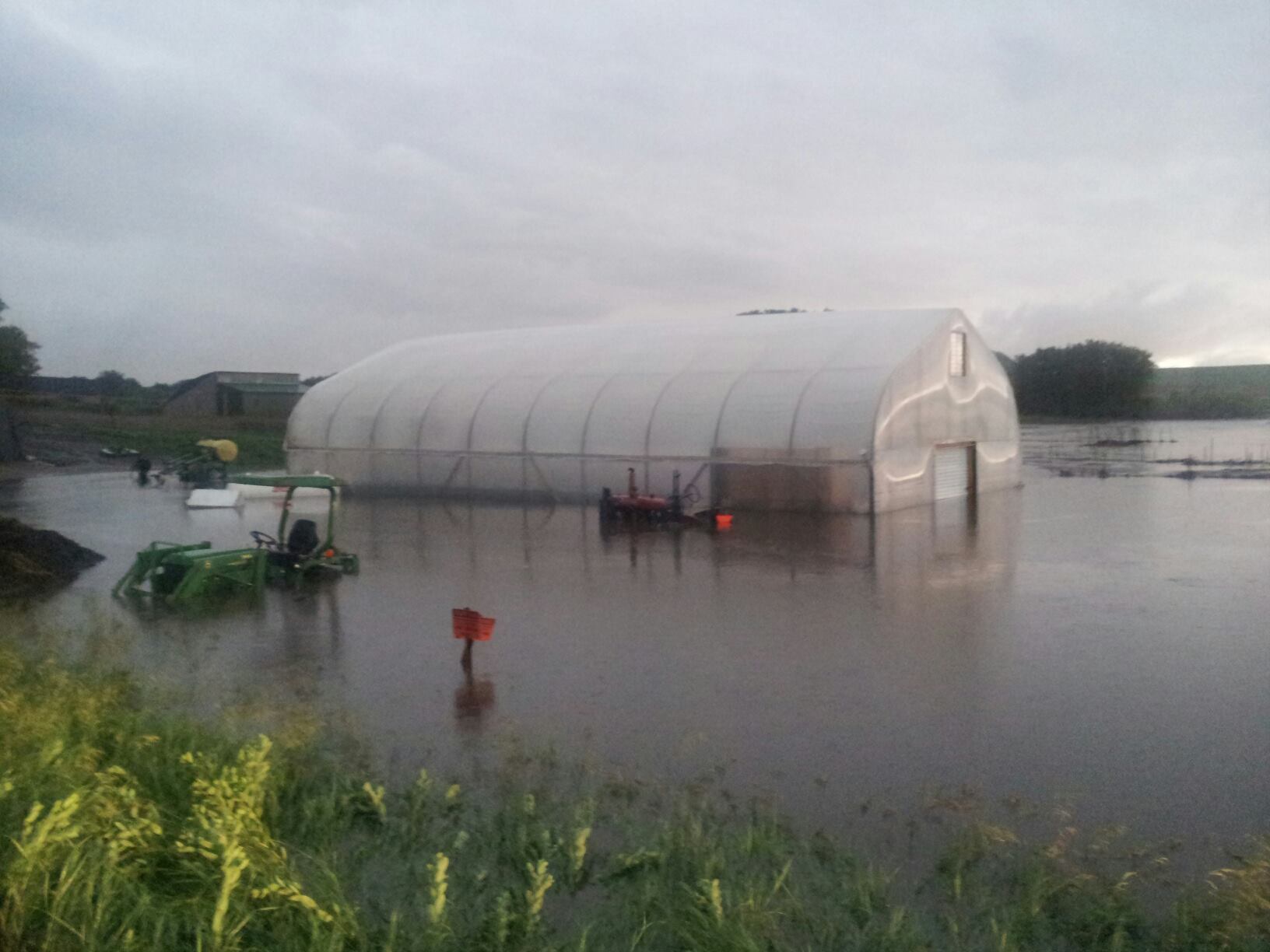(Copyright by – and reprinted with permission from – Institute for Agriculture and Trade Policy)
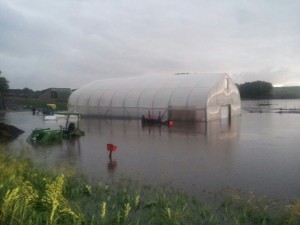
In mid-June, beginning farmer and former Institute for Agriculture and Trade Policy staff member Dayna Burtness was delivering her farm’s vegetables to clients in Minneapolis when she got the call: the rain that had started at mid-day had not let up for hours. Things were looking bad back at Minnesota’s Laughing Loon Farm.
Dayna rushed back to Northfield to find a river of floodwater rushing through her fields. “It was terrible,” she remembered.
The downpour dumped more than eight inches of rain in several hours, and the water in a ditch bordering Dayna’s fields overflowed, following the path of a creek that had been diverted off of the property many years ago. A 40-foot-wide rushing river of floodwater wiped out a third of Dayna’s crops, in addition to transplant seedlings, equipment and materials.
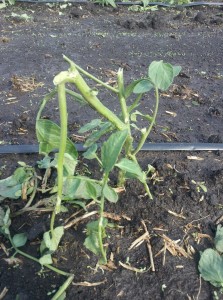
The destructive weather didn’t stop there. Just as she was assessing which crops had escaped this first onslaught, severe storms struck again a few nights later.
“Golf ball–to Roma tomato–sized hail severely damaged the rest of the crops that hadn’t been washed away. It completely wiped out the rest of our sugar snap pea production, which was just starting to hit its stride. It snapped most of our tomato plants in half. It bashed up our fields of cucumbers, squash and winter squash, and it also snapped off many of the tops of the peppers and eggplants.” Neighbors of Laughing Loon were shocked at the devastation on Dayna’s farm, and even long-time residents can’t remember seeing such destructive flooding.
Dayna has been deeply involved in the local food and farming world since 2005, but this is her first year in business for herself. Her farm uses a range of environmentally sensitive practices to grow produce for about 25 restaurants in Northfield and Minneapolis. Laughing Loon Farm is located a mile south of Northfield on five acres of rented land next to SEEDS community incubator farm, which shares equipment and greenhouse space with Laughing Loon. The SEEDS farm was also devastated by the severe weather this summer.
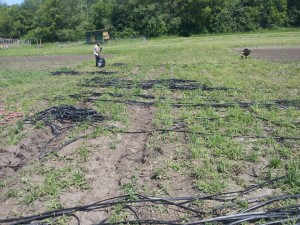
All told, she estimates that Laughing Loon lost about $15,000 worth of crops, equipment and materials in the initial flood, and another $10,000–15,000 dollars in lost revenue from the hail damage. The loss is especially acute because, as a new farmer, Dayna did not have access to crop insurance to protect her farm from natural disasters like this. Finding insurance for beginning vegetable farmers is almost impossible since several years of records are usually needed to obtain crop insurance.
“I invested all of my personal savings into it, and I’ve taken out a couple of loans and a low-interest credit card. But I’ve got to make this work because I don’t want this season to be my last one.”
Dayna also worries that climate change will make this type of natural disaster the “new normal.”“Everybody keeps saying in Minnesota it will just get warmer and farmers will have a longer season, but if the weather is extreme and unpredictable it doesn’t matter if we have a longer season. It’s going to be really tough.”
Climate change has made this kind of extreme weather increasingly common. According to a new study from the Proceedings of the National Academy of Sciences, the incidence of much warmer and more volatile weather is quickly growing. Beginning farmers will especially suffer from these challenges, as they are not only ineligible for crop insurance, they have a harder time getting access to operating and emergency loans. Unfortunately, the proposed 2012 Farm Bill does little to help new farmers better manage weather-related risks.
Since Laughing Loon’s recovery effort began, Dayna has relied on the support of fellow farmers, her restaurant partners, family, friends and even sympathetic strangers to donate funds, equipment and volunteer time to help put things back together. Even with this outpouring of community support, she doesn’t expect the farm to make money this year. “My main goal right now is to keep farming, keep supplying my restaurant partners with what I can, keep learning and then, obviously, make sure I meet my payroll and cover my loans and ideally have a little left over at the end of the year to reinvest for next year.”
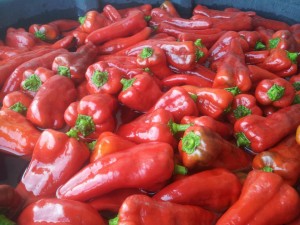
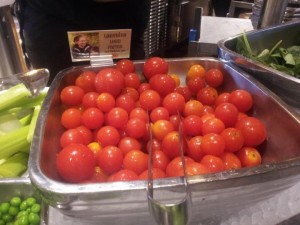
Back in business – with a little help from friends!
Despite her farm’s hardship and the uncertainty brought on by our swiftly changing climate, Dayna’s love of farming has only grown stronger. “I don’t know what else I would do if I couldn’t farm. I just have to make it work. There’s this great Parker Palmer quote that I like. He said, ‘Your vocation is what you can’t not do,’ and farming is what I can’t not do. Come hell or high water—and I guess high water did come—I’m going to keep doing this.”
Read the article as it was originally published here.
Photos: Laughing Loon Farm
________________________________________
Flooding like this happens across the country, at any season. Read more:
Water, Water, Everywhere, But Not a Drop…
Waist Deep in Mud – Too Thick to Pour, Too Thin to Plow
Shoulder to Shoulder We Await Our Food

